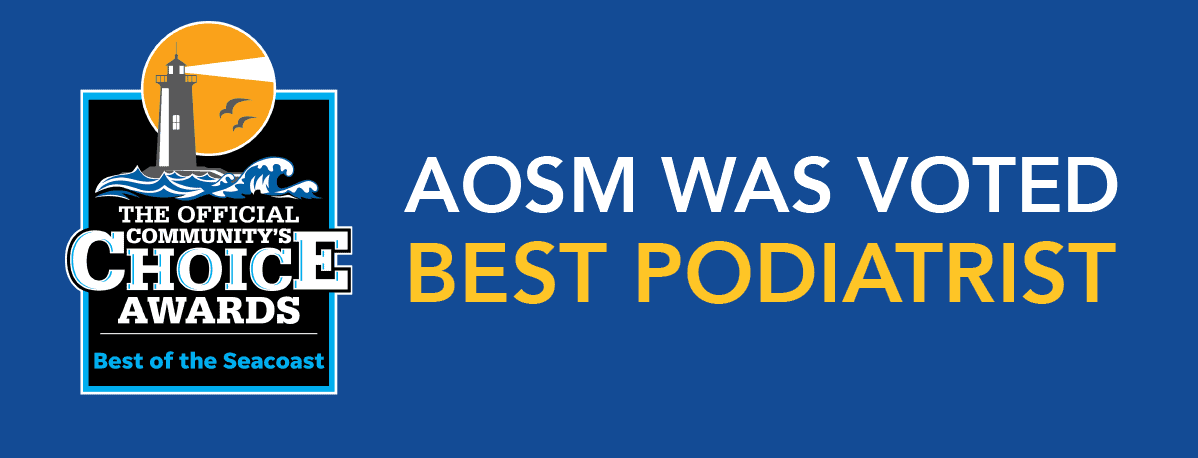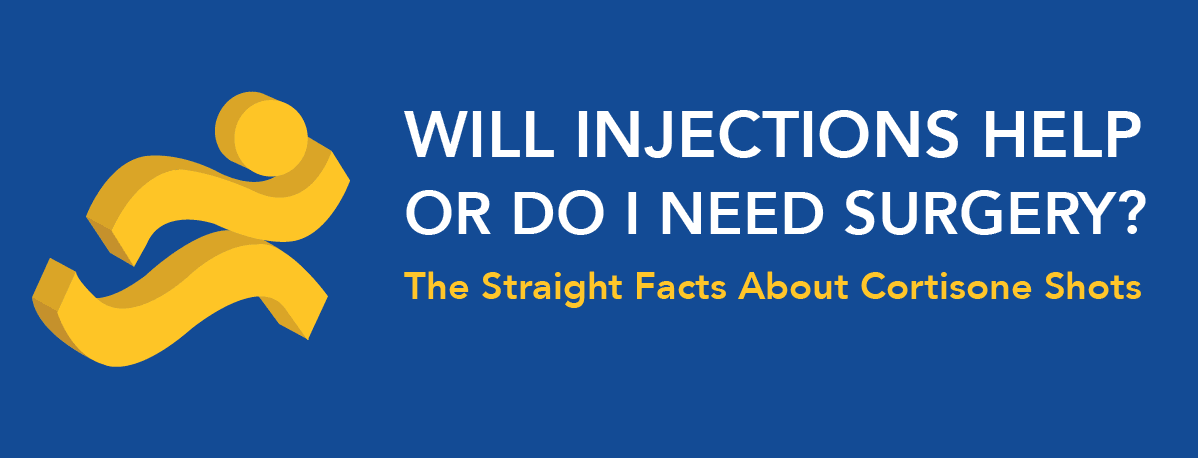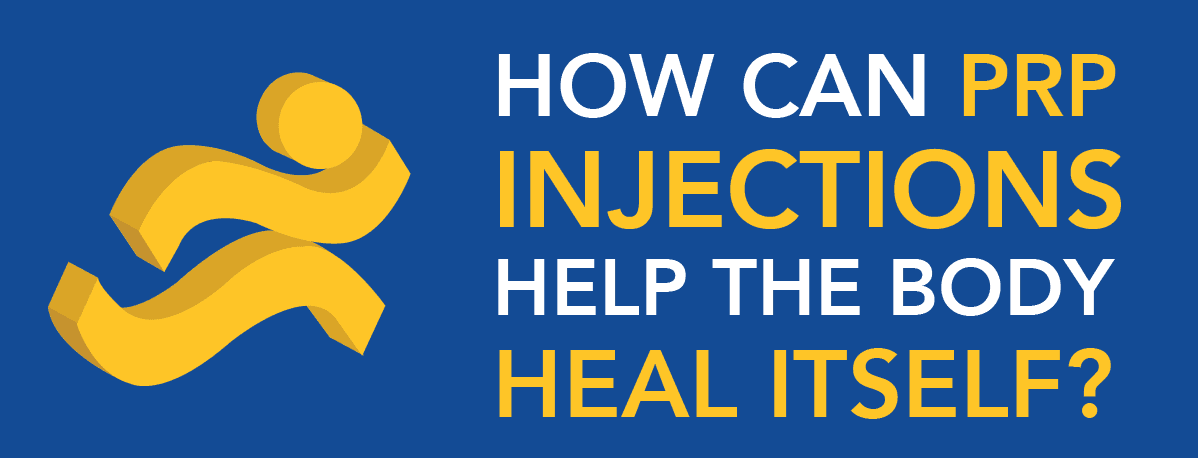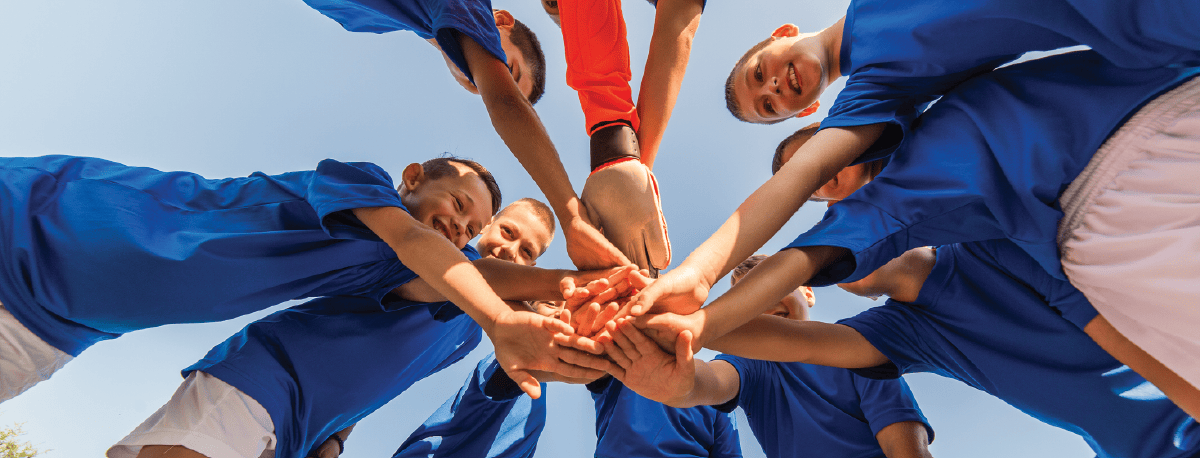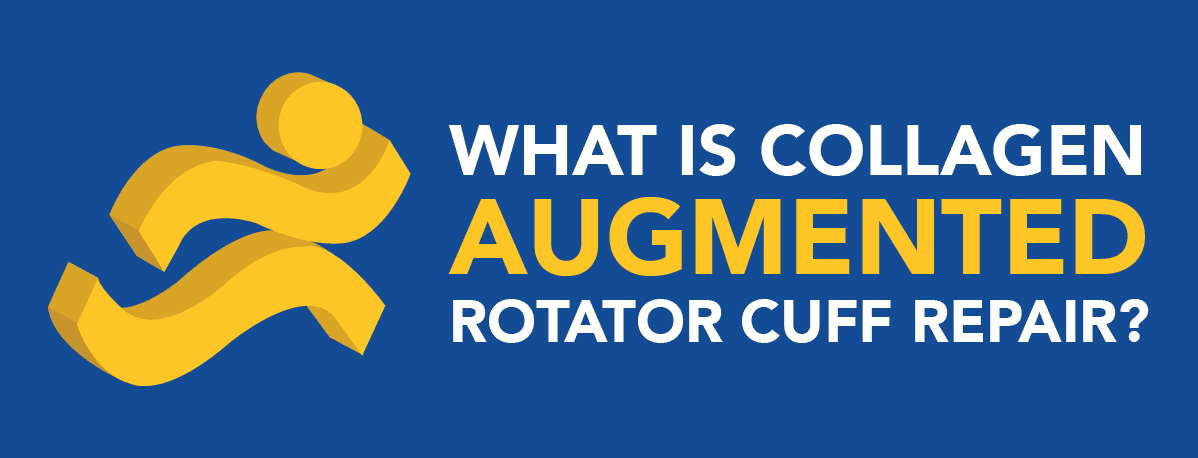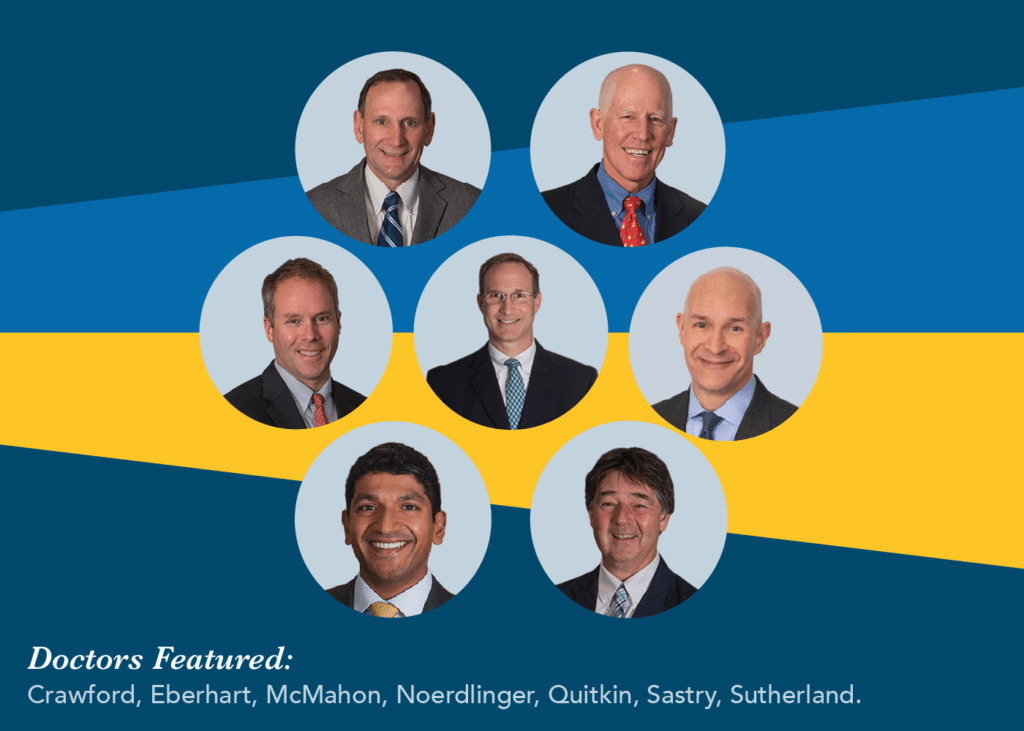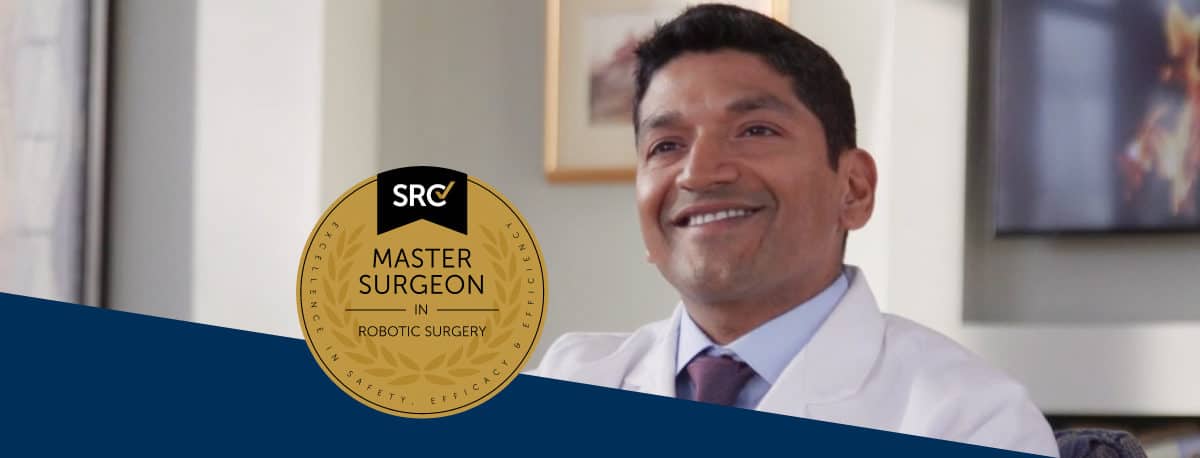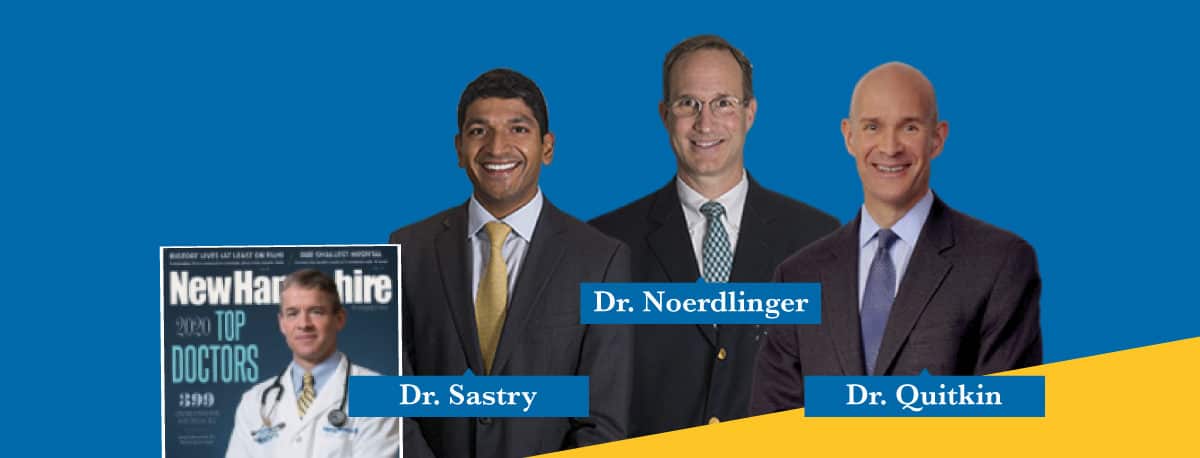Atlantic Orthopaedics & Sports Medicine now offers patients an alternative to surgical reconstruction – a less invasive procedure called Bridge Enhanced ACL Restoration, or BEAR. Clinically tested and FDA-approved, this promising new procedure has been adopted by our own Dr. Tyler Welch, who performed the first BEAR surgery in the state of Maine! Dr. Welch is an orthopedic surgeon and partner at Atlantic Orthopaedics who specializes in Sports Medicine, with a focus on the knee, shoulder, and hip. His mission is to restore his patient’s function through compassionate, evidence-based care.
Anterior cruciate ligament, or ACL, tears are one of the most common knee injuries, affecting more than 100,000 Americans each year. The ACL is a band of tissue that connects the thigh bone (femur) to the shinbone (tibia) inside the knee joint. It is one of the two cruciate ligaments, along with the medial collateral ligament (MCL), that stabilize the knee joint and prevent the tibia from sliding forward. ACL injuries most often occur when playing sports that involve sudden changes in direction, like:
- Basketball
- Soccer
- Gymnastics
- Downhill skiing
Pivoting with your foot firmly planted in place, landing awkwardly from a fall or jump, stopping suddenly, or getting a blow to the knee, along with wearing shoes that don’t fit properly or using ski bindings that aren’t correctly adjusted, can all increase your risk. ACL tears are also more common among women than men. Signs that you’ve torn the ligament, either partially or fully, include severe pain, a popping sensation, rapid swelling, and a feeling of the knee “giving way” when you put weight on it.
If you think you’ve torn your ACL it’s important to be evaluated by an orthopedic doctor as soon as possible. It is possible that the ligament has been stretched or only partially torn, and in those cases the injury may respond to non-surgical treatments like ice, rest, elevation, or physical therapy. Unfortunately, a complete ACL tear can’t heal on its own. This is because the synovial fluid in the knee that keeps the bones from rubbing together also prevents the formation of blood clots needed for healing. Until recently, the only fix for a complete tear has been surgical reconstruction, where a tendon is taken from another part of the patient’s body, or from donor tissue, to reconstruct the torn ligament.
We recently sat down with Dr. Welch to ask him a few questions about the new BEAR procedure.
Q: Tell us Dr. Welch, how does this new procedure benefit your patients?
A: This procedure can benefit patients because it is less invasive than a typical ACL reconstruction. Unlike typical ACL reconstruction, the patient does not need a “graft” to replace the ACL with the BEAR technique. As a result, the procedure may lead to less pain and swelling in the post-surgery period.
What makes BEAR unique is that it doesn’t require patient or donor tissue, instead using an implant made from collagen to bridge the gap between the torn ends of the ACL ligament. The implant is secured via suture, and the patient’s own blood is injected into it during the surgery to form a clot that surrounds the device. This facilitates cell proliferation and enables the body to heal itself. Within about eight weeks of surgery, the implant is absorbed, and replaced by the patient’s own tissue, which will continue to strengthen over time.
Q: Who is a good candidate for a BEAR Procedure?
A: Anyone with an ACL tear is a candidate. Based on recent research, individuals over the age of 20 are the best candidates.
Q: Anything else you’d like patients to know about this new procedure?
A: This is an exciting time in the world of ACL surgery. The BEAR procedure may be a game-changer, but the jury is still out. It is important for patients to know that we do not have any long-term clinical data regarding the BEAR technique. We do not yet know if the re-tear rates (failure rates) are higher in patients who have a BEAR compared to those who have a typical ACL reconstruction over the long term (more than five years). However, current research (two year outcomes) has revealed similar success rates when comparing the BEAR technique to traditional ACL reconstruction. This is encouraging data that suggests that the BEAR technique is reliable.
Candidates for the BEAR procedure must have a complete rupture of the ACL. Eligible patients must also have a stump still attached to the tibia to allow for repair. Dr. Welch currently performs this procedure at York Hospital in York, ME and the BEAR procedure should be available soon at AOSM’s state-of-the-art orthopaedic ambulatory surgery center, NECOS in Portsmouth, NH.
If you think you may be a good fit for the BEAR procedure, schedule an appointment for an evaluation with Dr. Welch. To learn more, click HERE.
